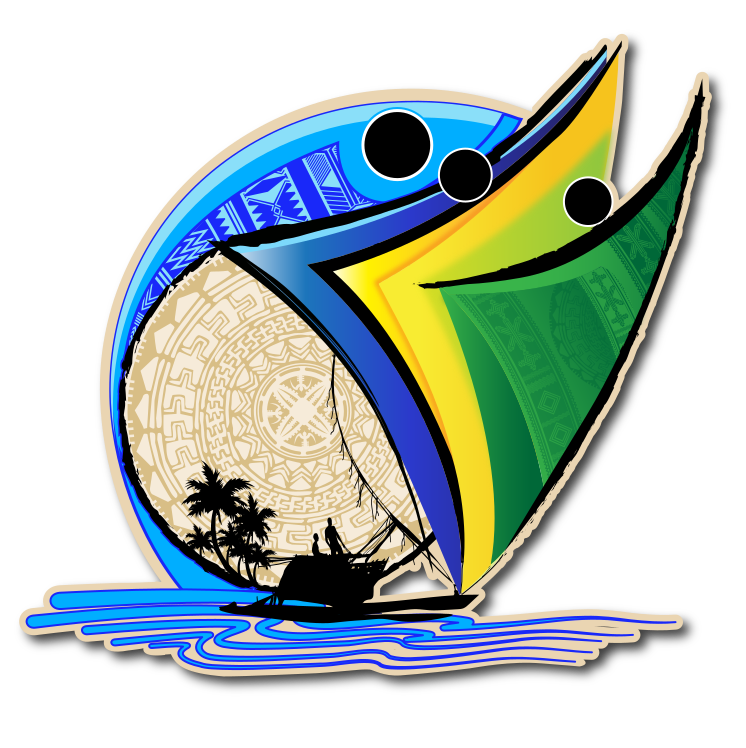The Solomon Islands have a rich and fascinating history. Some say that visiting the Solomon Islands is like stepping back in time. The history and tradition here is alive and authentic.
There is a small but growing population in the Solomon Islands of approximately 550,000 people. Solomon Islanders are predominantly Melanesian – about 95% – with smaller Polynesian, Micronesian, Chinese and European communities. More than 90% identify as Christians.
English is the official language and one of the obvious cultural influences that remains in the Solomons, left behind from the period when Britain was historically associated with the islands.
The capital, Honiara, is a fast-growing city of approximately 70,000 people where modern urban life and technology sit side by side with ancient traditions. However, the majority of Solomon Islanders are still living in rural villages where they are mostly involved in a subsistence economy, and life can appear a long way from the 21st century.
The concept of money is relatively recent in Solomon Island culture, and barter and alternative forms of currency, such as shell money, are still practised. Typical food eaten in the Solomons includes fish, chicken, pork, coconut, sweet potatoes and taro.
The country’s main food market is the Central Market in Honiara. A hub of noise and colour, the market has a huge selection of fish and fresh produce brought in from outlying islands as well as crafts, jewellery and other items and is a fantastic cultural experience for visitors. As well as agriculture and forestry, tourism is a very important sector of the small but growing economy.
Almost 1000 Islands
The Solomon Islands are an archipelago of 992 tropical islands and atolls scattered in a gentle curve. They comprise two major parallel island chains extending some 1800 kilometres from the Shortland Islands in the west to Tikopia and Anuta in the east.
The People
Situated in the South Pacific between Papua New Guinea and Vanuatu, the population of about 550,000 is predominantly Melanesian but includes other smaller groups. Exotic local customs and traditions remain a very important part of life for Solomon Islanders.
Politics and Economics
Solomon Islands has a Westminster-style parliamentary democracy with a constitutional monarchy and is part of the Commonwealth.
Solomon Islands has a democratically elected 50-member unicameral Parliament with Members of Parliament who are directly elected by simple majority vote for 4 year terms.
Jeremiah Manele has been the Prime Minister since 2nd May 2024.
The next election is due in 2028.
The head of state is His Majesty King Charles, represented by the Governor General of Solomon Islands.
